Ground mustard and mustard powder are not the same. While both come from mustard seeds, they differ significantly in texture, flavor intensity, and culinary uses. Here's a clear breakdown of their key differences and how to use each correctly.
| Feature | Ground Mustard | Mustard Powder |
|---|---|---|
| Texture | Fine grind, slightly coarser than flour | Ultra-fine powder, almost like cornstarch |
| Made From | Usually brown or black mustard seeds | Typically yellow (white) mustard seeds |
| Flavor Profile | More pungent and intense | Milder and slightly sweet |
| Common Uses | Curing meats, marinades, homemade mustard | Dressings, sauces, pre-made mustard blends |
| Shelf Life | 6–12 months | 1–2 years |
Table of Contents
- What Exactly Is Mustard?
- How Are They Made?
- Taste Test: Do You Taste the Difference?
- When to Use Which One?
- Buying Guide: Choosing Your Mustard Magic
- Fun Ways to Use Mustard in the Kitchen
- Frequently Asked Questions
- Conclusion
What Exactly Is Mustard?
Mustard comes from the seeds of the mustard plant, which belongs to the Brassicaceae family (like broccoli and cabbage). There are three main types:
- Yellow mustard seeds (also called white mustard)
- Brown mustard seeds
- Black mustard seeds
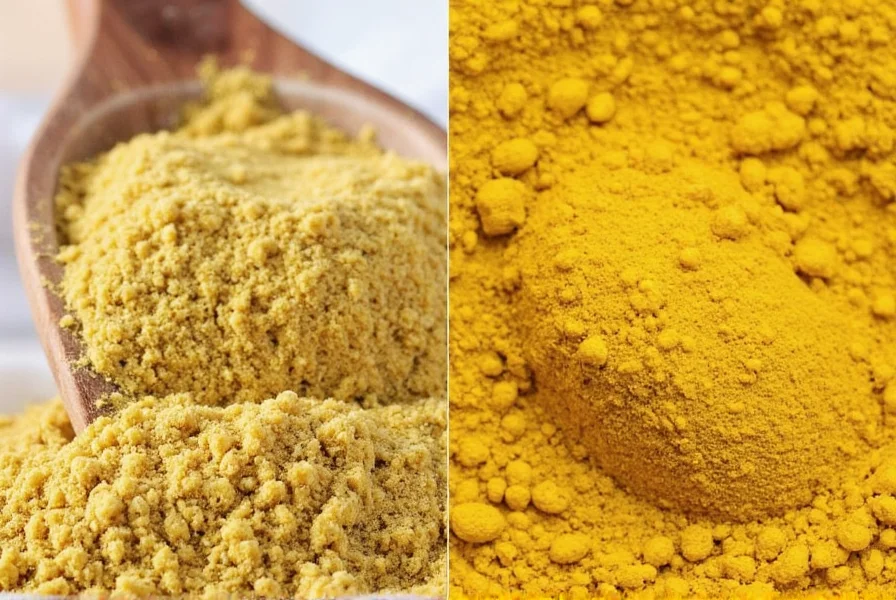
Depending on the seed type and preparation method, mustard can range from mild and tangy to fiery and pungent.
How Are They Made?
Ground Mustard
Ground mustard is made by grinding whole brown or black mustard seeds into a coarse powder. This retains natural oils and aromatic compounds, creating a bold, sinus-clearing punch.
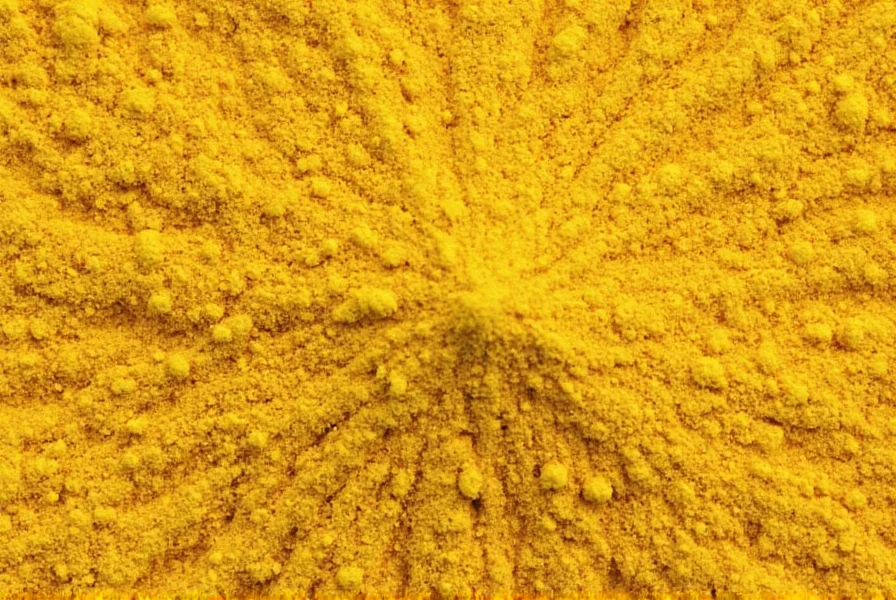
Mustard Powder
Mustard powder is made from yellow/yellow mustard seeds that are de-oiled and finely milled. This process reduces pungency and creates a smoother texture for blending.
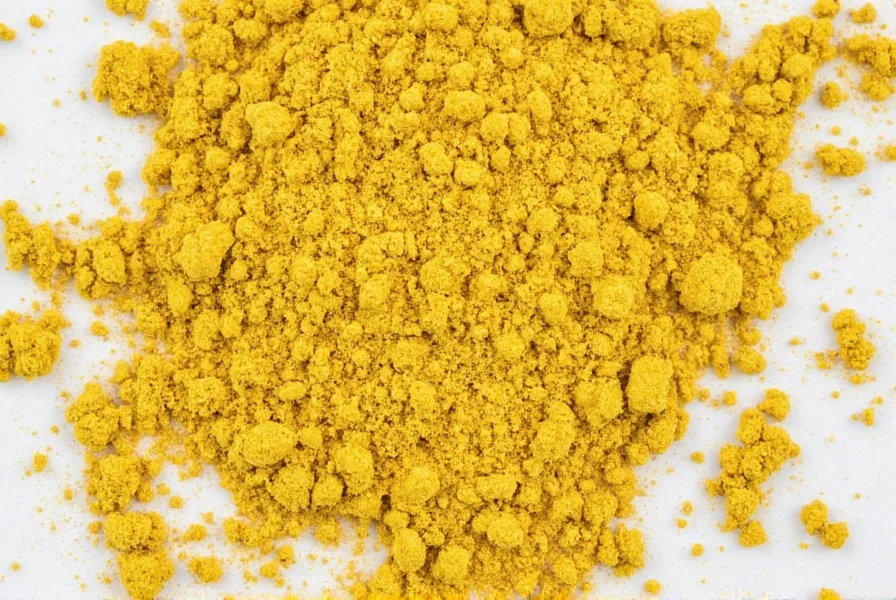
Taste Test: Do You Taste the Difference?
Place a small pinch of each on your tongue:
- Ground mustard delivers an immediate, sharp heat
- Mustard powder provides a milder, smoother flavor
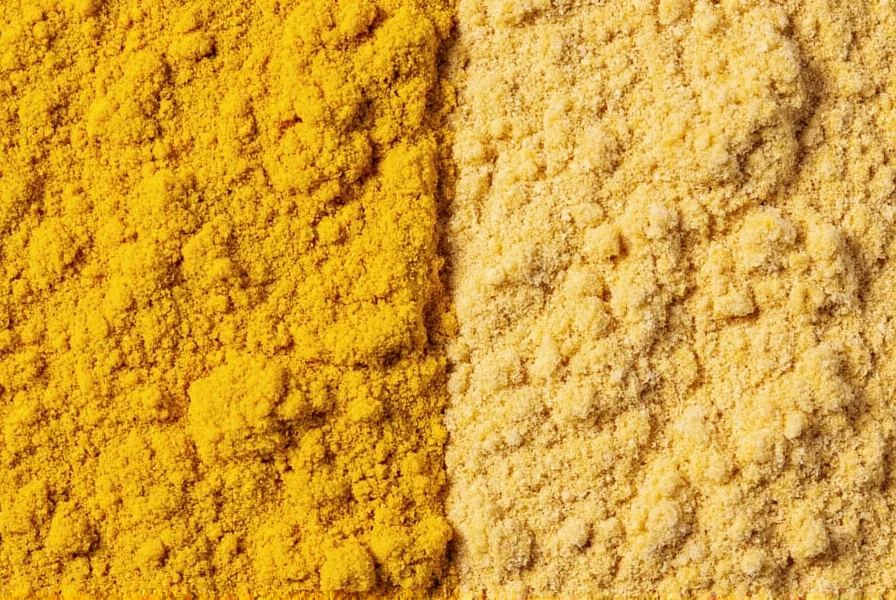
When to Use Which One?
Use Ground Mustard When...
- Making homemade mustard from scratch
- Curing meats like pastrami or corned beef
- Creating bold marinades or dry rubs
Use Mustard Powder When...
- Mixing into creamy dressings or sauces
- Need smooth texture without grit
- Baking (e.g., pretzel dough or bread)
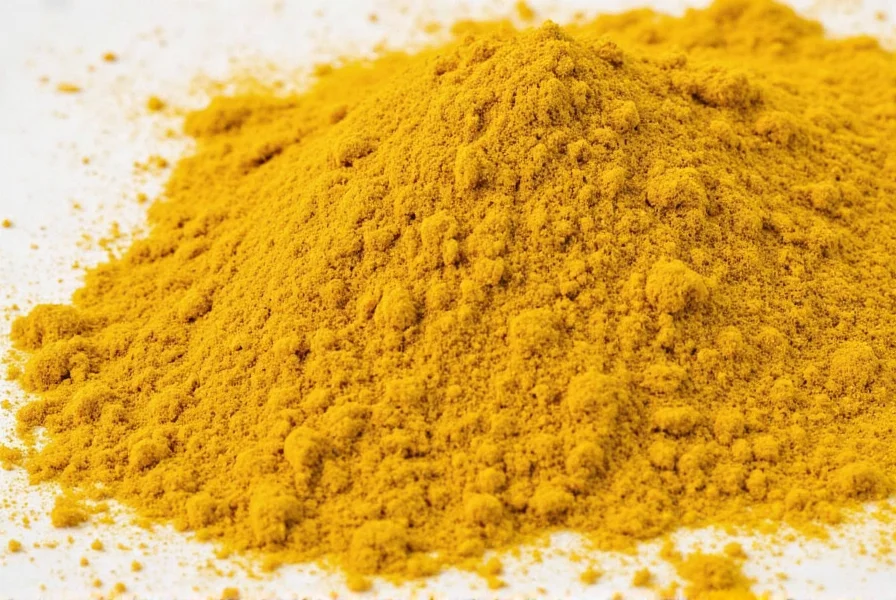
Buying Guide: Choosing Your Mustard Magic
| Product Name | Features | Advantages | Best For |
|---|---|---|---|
| SpiceHunter Ground Mustard | Coarsely ground brown mustard seeds | Strong aroma, rich flavor, great for DIY mustards | Meat lovers and homemade condiment fans |
| McCormick Mustard Powder | De-oiled yellow mustard powder | Mild taste, easy blending, consistent texture | Chef-style dressings and sauces |
| Frontier Co-op Organic Mustard Powder | Organic and non-GMO verified | Pure ingredient, eco-friendly packaging | Health-conscious cooks and bakers |
| Rex Spice Ground Mustard Seed | Unadulterated, all-natural grind | High potency, minimal processing | Gourmet chefs and spice purists |
Pro Tip: Store both in airtight containers away from heat and light to preserve flavor.
Fun Ways to Use Mustard in the Kitchen
- Meat Marinades: Mix ground mustard with olive oil, garlic, and herbs for zesty steak rubs
- Sauces & Dressings: Blend mustard powder into mayonnaise for creamy dips
- Baking: Add a pinch to pretzel dough for subtle heat
- Vegetable Glaze: Combine with honey and thyme for roasted veggies
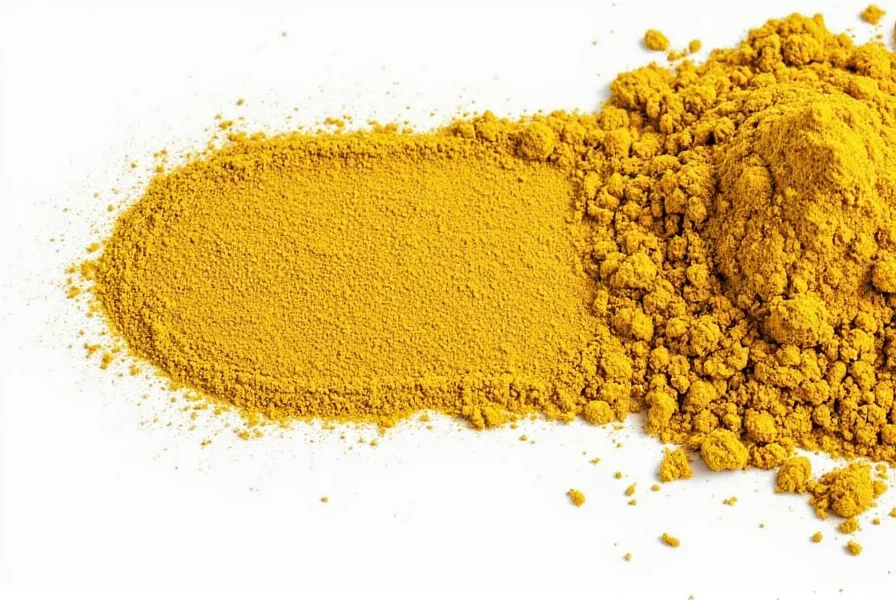
Frequently Asked Questions
Are ground mustard and mustard powder the same thing?
No. Ground mustard is coarsely ground from brown/black seeds for intense flavor, while mustard powder is finely milled from yellow seeds for mildness. They differ in texture, heat level, and culinary applications.
Can I substitute mustard powder for ground mustard in recipes?
Yes, but adjust quantities. Use 1 tbsp mustard powder for every 1.5 tbsp ground mustard. Powder blends smoothly but delivers less heat, so increase slightly for equivalent intensity.
Why does ground mustard taste hotter than mustard powder?
Ground mustard retains more natural oils and aromatic compounds from brown/black seeds. Mustard powder undergoes de-oiling during processing, resulting in a gentler flavor profile.
How long do these spices last in the pantry?
Ground mustard stays fresh 6–12 months; mustard powder lasts 1–2 years due to reduced oil content. Store both in airtight containers away from heat and light.
Which should I use for homemade mustard sauce?
Ground mustard is ideal for scratch-made sauces as it provides authentic texture and robust flavor. Mustard powder works better for smooth dressings where fine texture is key.
Conclusion
Ground mustard and mustard powder serve distinct culinary roles. Ground mustard delivers bold heat for marinades and curing, while mustard powder provides smooth integration in dressings and baking. Keep both in your spice rack and use them strategically to elevate your dishes.
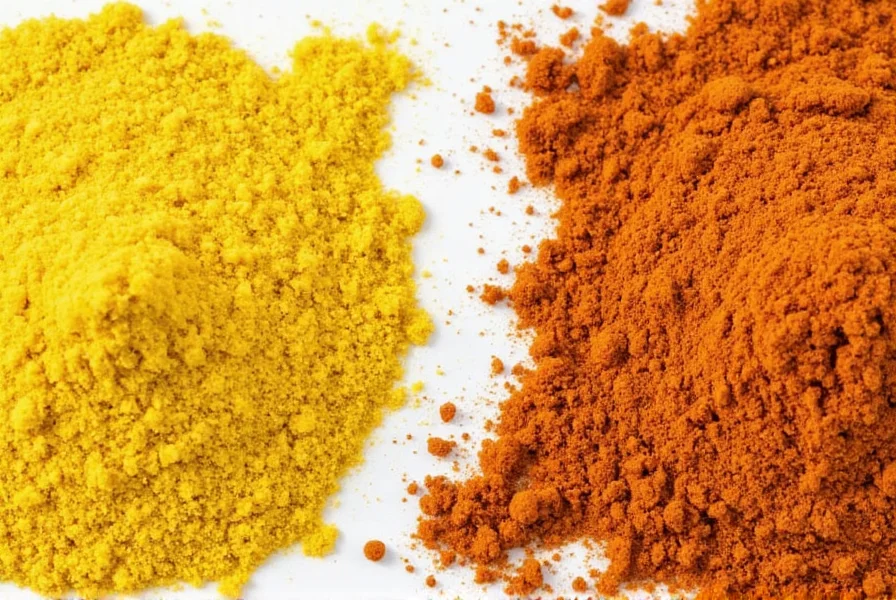

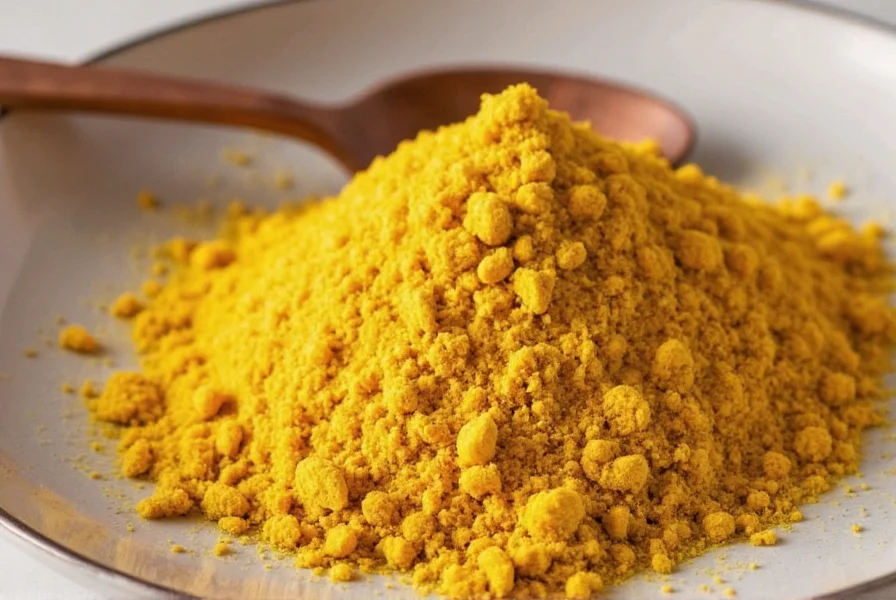









 浙公网安备
33010002000092号
浙公网安备
33010002000092号 浙B2-20120091-4
浙B2-20120091-4